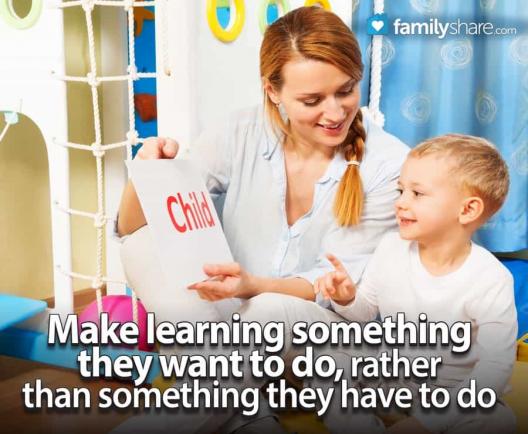
As my kids have grown up, there have been numerous times they've had to drill flashcards for math, reading, or even piano lessons. It's not my kids' favorite activity. I've had to adjust the way we drill the flashcards to make it a more entertaining activity for them, and something they want to do, rather than something they have to do. If your kids are like mine, and you struggle to get them interested in those flashcards, here are some ideas for you:
1. Make it a timed challenge
: Buy a tiny timer (only $1 at Walmart) and set it on the table. Tell your child you're going to see how fast they can do the flashcards. Once they're finished and you have their 'base time', offer a reward for a faster time.
2. Use consistent words
: I find that my kids have been the most successful with memorization if it's exactly the same every time. If the flashcard is a symbol, use the same language every time you refer to it. (i.e., Bass Clef Sign - notes below middle C) - If you say the same thing every time your child sees the card, they'll start to connect that to the symbol they see on the front.
3. You start the word, let them finish it
: If your child gets stuck on a card, start the word, but let them finish it. Sometimes they just need a little clue to help jog their memory.
4. Put mistakes at the back of the pack
: If they make a mistake on a flashcard, don't just tell them, and put it down. Put it at the back, so they have to see it again. They might make a mistake again, and that's fine - put it at the back again. Pretty soon, the mistake card will be seen enough that they'll remember, and hopefully, the next day, they'll have it down!
5. Learn the flashcards in small numbers
: Trying to learn too much at one time is the biggest mistake you can make. Little brains can only handle so much. Learn two or three flashcards one day. No more. Then, the next day, review those, and add one or two more. Learning in small increments, but lots of repetition, is the best way for little minds to learn (and the least frustrating!)
6. Create a super challenge
: Not only do I offer a reward for the timed (against themselves) challenge, I offer a "Super" Challenge Reward if they can beat my time. I tell them that nobody has ever beaten my time, and if they can, I'll give them a giant candy bar (or some other big prize). Then, I have them time me doing the flashcards. (This shows them that it's possible). Of course, I don't do it quite as fast as I really could, but I do make it challenging. Then, I put the giant candy bar out on the counter where they can see it, and leave it to them to work hard to beat my time.
7. Praise, praise, praise!
No negative feedback allowed. Only positive and encouraging words while they're working on those cards. Subtle "good" and "you can do it" and "don't give up" is all it will take for that child to feel like a million bucks and develop the confidence to keep trying.
8. Don't spend too long
A child's attention span is only two minutes longer than their age. That means if you're trying to spend a half an hour on flashcards, you're going to lose them, and it will become frustrating. Pay attention to your child's body language. You'll know when "enough is enough" and don't go any further. Tell them, "Great Job Today! Let's do some more tomorrow,"� and you'll be much more successful than if you try to push them beyond their limits.
Learning is a tricky thing. If kids are taught in a positive, environment that supports their intelligence and makes them feel good about themselves, they're much quicker, and more willing, to learn. Teaching our kids can be such a fun experience if it's done correctly. Our kids get that thrill of success, and we get the thrill of seeing our child happy. We both win! Best of luck with those flashcards, and enjoy another special mommy moment with your child.

